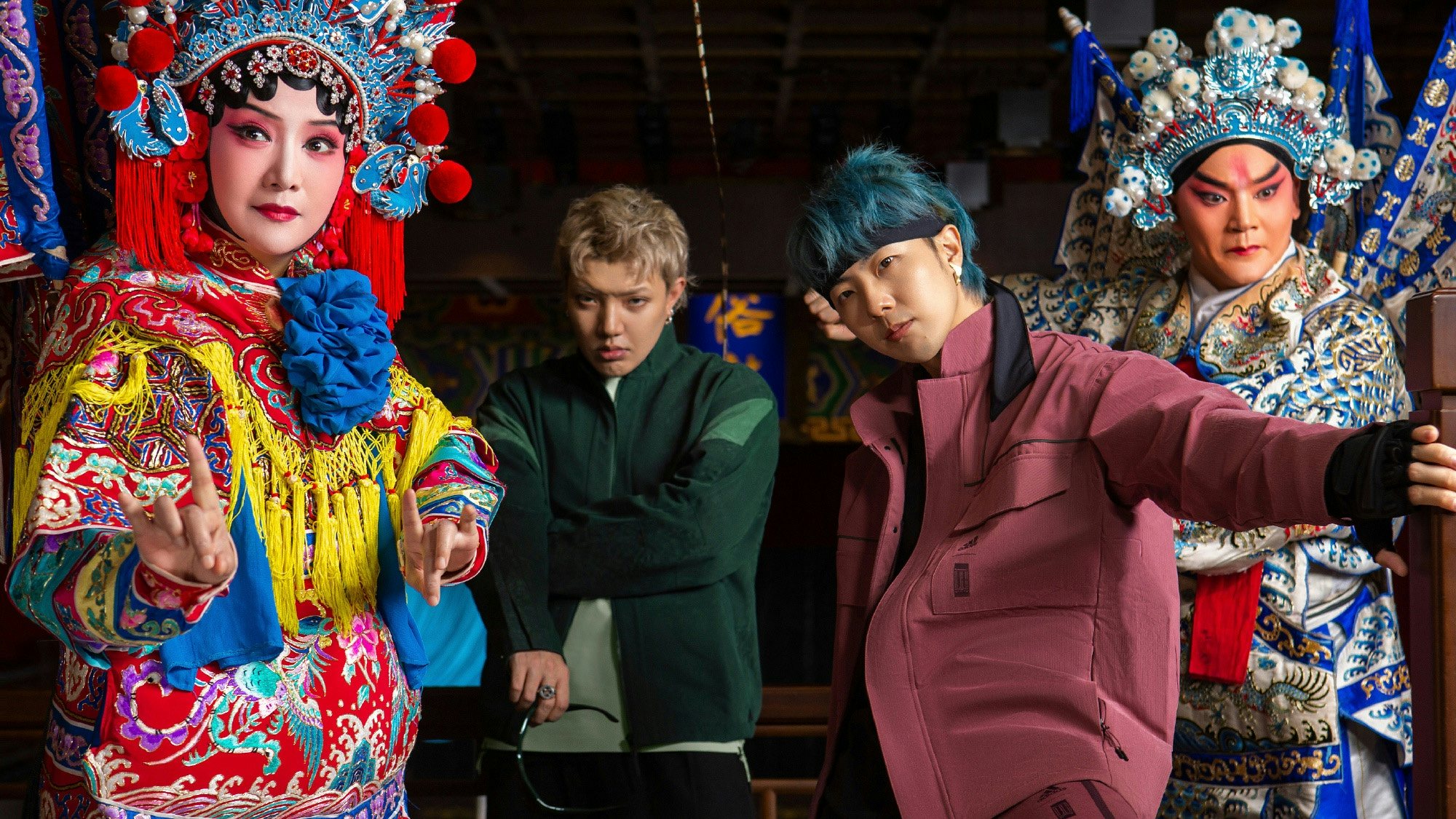What happened
After a difficult couple years of navigating a boycott in China of Western brands associated with the Better Cotton Initiative (BCI), a non-profit organization that advocates for sustainable cotton production, Adidas is preparing to win back the hearts of Chinese consumers. By next year, the German sportswear giant aims to design at least 30 percent of the clothing it sells in China locally, Adrian Siu, managing director of Adidas Greater China, said earlier this week.
Adidas intends to relocate more of its production and operations from Southeast Asia to China in order to shorten lead times, and grow brand awareness by expanding its portfolio of Chinese athlete ambassadors. This comes after the company’s revenue in Greater China plunged 36 percent year on year in 2022, partly due to a challenging market environment and significant inventory takebacks.
The Jing Take
CEO Bjørn Gulden touched on these goals during the brand’s March earnings call, noting that Adidas had begun signing Chinese athletes in “almost every sport,” including the world’s highest-ranked Chinese male tennis player, Wu Yibing.
According to Gulden, partnering with athletes is a “safer bet” than celebrities from the entertainment industry “because the BCI is still kind of over us, and there’s still no clarity if the celebrities from other areas are really going to go live on social media for brands like us.”

After the Xinjiang cotton controversy broke out in March 2021 — when several brands denounced the use of Xinjiang-produced cotton because of allegations relating to forced labor — Chinese stars rushed to cut ties with global fashion companies. For Adidas, this meant losing major ambassadors like actor Jackson Yee and Cantopop singer Eason Chan.
Since the incident, Adidas has worked to restore its reputation by forging deeper cultural connections with local consumers. In November 2022, the sportswear giant signed a three-year partnership with the Chinese Literature and Art Foundation to help promote Chinese culture to the rest of the world. It has also tapped local designers such as Melting Sadness to incorporate Chinese cultural elements into its products’ designs, in addition to sponsoring local sports events.
Adidas isn’t the only brand that was embroiled in the issue and is slowly rebuilding its reputation in the mainland. Earlier this month, Burberry appointed its first Chinese ambassador, Chen Kun, in two years, marking a step toward the luxury house’s recovery in the Chinese market, where its sales fell 23 percent year on year in the quarter ended December 2022.
As China’s economy begins to bounce back, recovering lost market share has become a key priority for Adidas. But given the competition from sportswear rivals like Nike, plus a bevy of other challenges to overcome, the company is realistic about 2023, calling it “a transition year to build the base for 2024 and 2025.”
By moving production facilities, designing patriotic clothing, and rebuilding its roster of brand partners, perhaps Adidas can finally turn the page on what has been a particularly difficult chapter.
The Jing Take reports on a piece of the leading news and presents our editorial team’s analysis of the key implications for the luxury industry. In the recurring column, we analyze everything from product drops and mergers to heated debate sprouting on Chinese social media.


